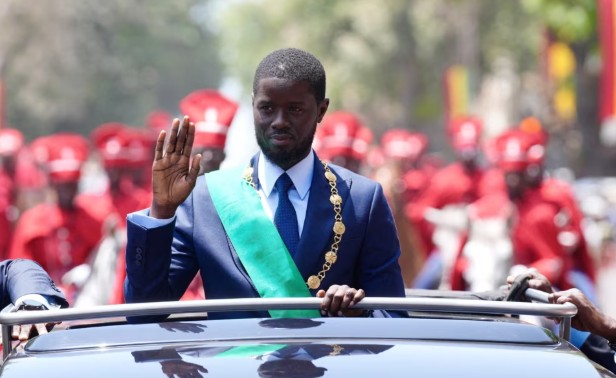Senegal Debates Controversial Asset Declaration Law Amid Presidential Exemption

A highly anticipated draft law expanding asset declaration requirements is set to be debated in Senegal’s National Assembly on August 18, but the legislation is already facing mounting criticism particularly over a controversial clause that exempts the president from declaring assets at the end of his term.
While the bill seeks to strengthen financial transparency by widening the list of officials required to declare their assets, opposition parties argue that excluding the president undermines the core principles of accountability and constitutional equality.
What the New Law Proposes
The new bill, if passed, would compel a wide range of public officials to declare their personal assets, including:
It also proposes to lower the financial threshold for mandatory declarations. Previously, under the 2014 asset declaration law, only senior officials handling public funds exceeding 1 billion CFA francs (approximately $1.5 million USD) were subject to declaration. The revised draft reduces that bar to 500 million CFA francs (around $760,000 USD) for public budget managers.
The Presidential Exemption Sparks Outrage
Despite its broader scope, the bill’s exemption for the president’s end-of-term asset declaration has triggered backlash. Pastef, a leading opposition party, has condemned the clause, arguing that it violates the spirit of constitutional transparency.
“This is a fundamental issue of accountability. Exempting the president sends the wrong message,” said Amadou Ba, vice president of the Pastef parliamentary group.
Doudou Wade, a senior figure in the Senegalese Democratic Party, also slammed the bill:
“The president has essentially removed himself from scrutiny. Transparency demands that the evolution of a president’s wealth before and after holding office be disclosed to the public.”
Wade added that without this requirement, the legislation could appear “performative” rather than reformative.
Supporters Defend Constitutionality
Proponents of the bill, including Amadou Ba, have defended the presidential exemption, claiming it aligns with Senegal’s current Constitution.
“The Constitution mandates an asset declaration only at the beginning of a president’s term. It holds more authority than any subsequent law,” Ba argued.
This interpretation has further fueled debate over whether constitutional reform is needed to close what critics call a “transparency loophole.”
What’s at Stake?
The outcome of this legislation could have a significant impact on Senegal’s anti-corruption efforts and on how public trust in elected officials is maintained. As the August 18 session approaches, both supporters and opponents are intensifying their campaigns to sway public opinion and shape the final version of the law.
